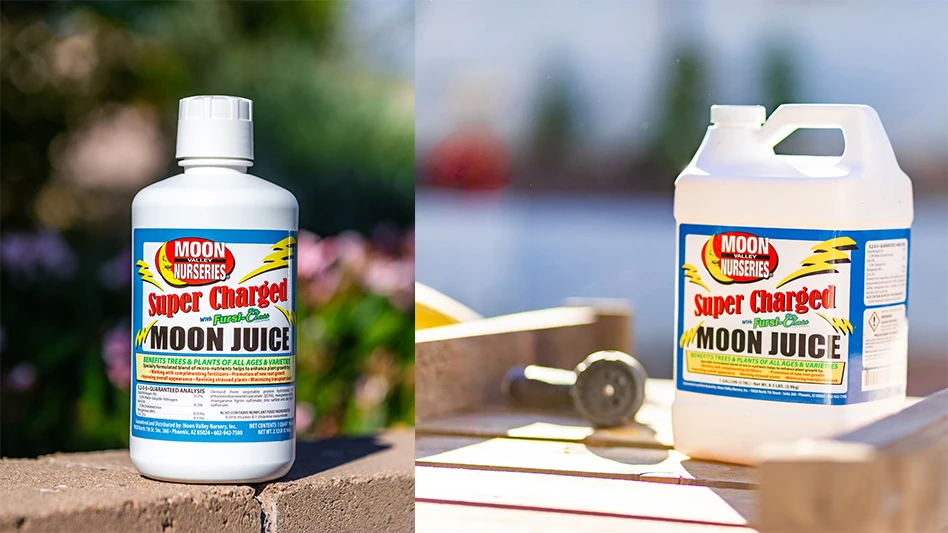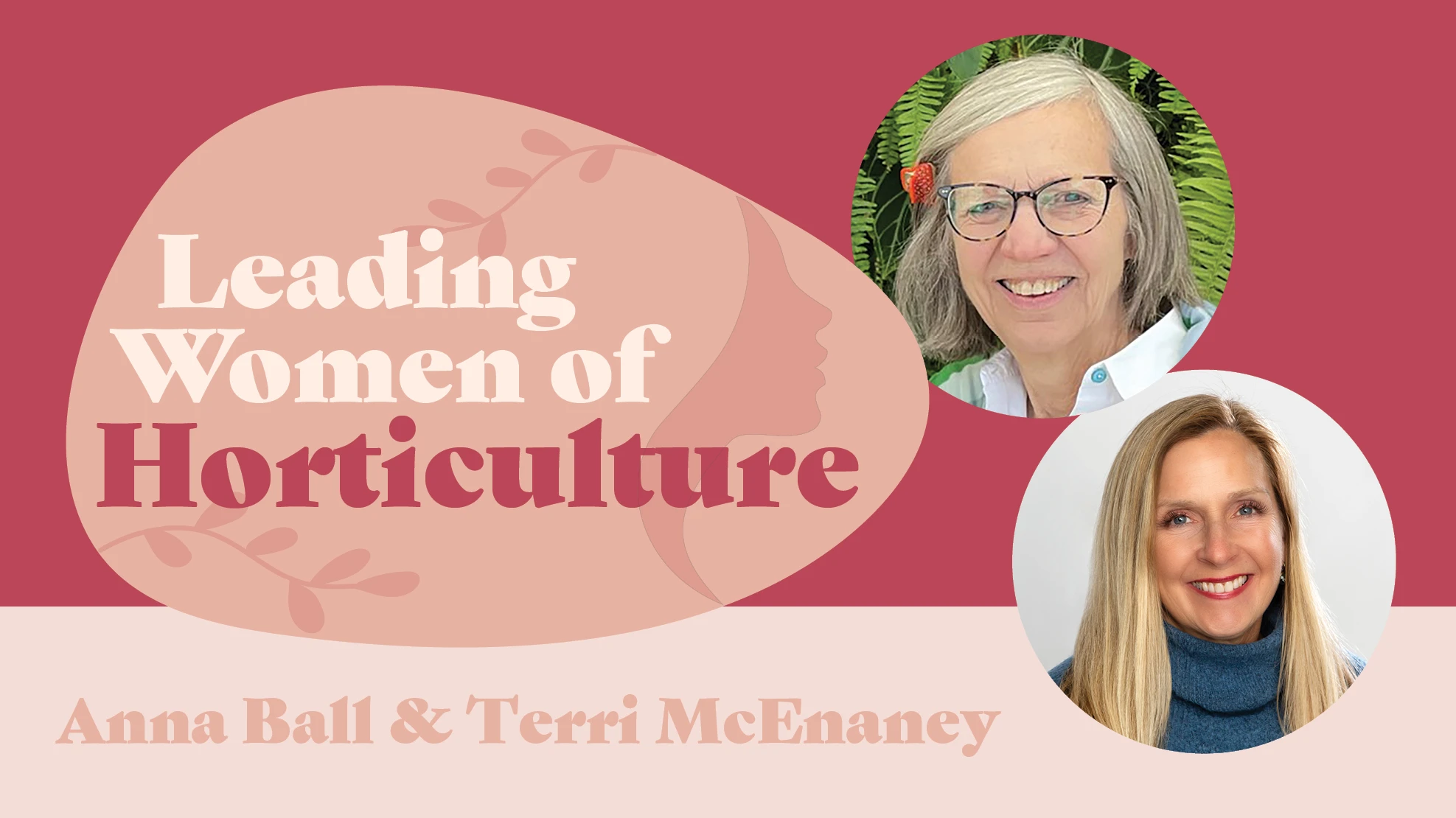

When Hicks Nurseries was founded in 1853, the Civil War was still eight years away. Six generations later, President Stephen Hicks provides unique perspective on the family-owned company’s enduring success. He credits longevity, in part, to the “luck” of having ancestors with foresight to settle on Long Island and launch their business there. But he’s also clear that Top 100 results require staying relevant and responsive to each new generation — from family members to employees and customers.
Leveraging longevity with innovation
Being 170 years old lends a company authenticity in customers’ minds. But Hicks stresses that’s not enough. “I don’t think our customers really are going to give us the benefit of the doubt if our quality isn’t there, or our pricing is way out of whack, or our customer service isn’t good,” he says. “Then the fact we’ve been here a long time is really irrelevant.”
Instead, long-term success relies on a mix of ingredients, with relevance to customer demands and interests topping the list — whatever timeframe you’re in.
Staying in sync with customers requires innovation and experimentation, which starts with listening to your customer first. “We try to have a mantra of being intelligently aggressive,” Hicks explains. “We try to take enough small risks and be aggressive without being foolish in terms of trying new things — and be willing to fail. If something doesn’t work, we stop doing it.”
Experimenting, trying new things and objectively evaluating results are key to staying in sync.

For family owned and operated businesses, Hicks emphasizes that each generation of leadership must take a hard look at the business and have their own vision for where the company can and should go.
“There’s never any one right answer. It’s more about what each generation is interested in and what their aptitude and drive and vision is for. Then it’s making sure that’s relevant to what customers are looking for, and pushing to see that through,” he adds.
Capitalizing on timeless demand
Hicks says he’s pretty sure someone thousands of years ago brought a pot of flowers into their cave to beautify it. That interest in beautifying your environment through horticulture won’t go away. “The question is, will the format of the garden center as we’ve known it for the last 60 years be relevant to how customers scratch that itch, so to speak, and how they decide to satisfy their interest and demand for horticulture?” he asks, adding that every generation must answer that in a way authentic to them.
Capitalizing on horticulture’s timeless appeal extends beyond leadership. Hicks Nurseries’ staff ranges from brand-new seasonal hires to employees with decades of tenure. Company culture focuses on creating a work environment built on relationships, not hours-for-wages transactions.
“We want our employees to feel that working at Hicks Nurseries is the best thing for them and their families,” Hicks says. “… We want you to feel that this is a positive force in your life.”
As a community fixture, the business enjoys many multi-generational customers. Annual events build community with past, present and future customers. Every March, people celebrate Hicks’ annual three-week Flower & Garden Show, now in its 33rd year. An annual Fall Festival caps the season. Both events nurture relationships, whether people buy plants from Hicks Nurseries or not.

“Even if they don’t shop with us in the spring, our awareness is broader as a result, and that is positive, especially when we get a lot of younger families,” he says. “If someone is here with children and baby strollers, they may not be in the buying mood for their garden products in October, but at least they know where we are, and they know we exist.”
He notes that’s crucial with young homeowners who know where to find Home Depot but not their local garden center.
Transitioning from pandemic peaks
Referencing pandemic ups and downs, Hicks describes 2023 as another rollercoaster year.
“We’ve seen the most strength in plants, and we’re fortunate that we’re a plant-centric business,” he says. “Plants are kind of our core, and then things radiate out from there.”
No single plant category has raced ahead, but none has lost significant ground. In contrast, interest in casual furniture and big-ticket decorative items has waned.
“Houseplants are doing well relative to a long-term trend, but there has been a pullback from the peak,” Hicks shares. “Even going into the pandemic, houseplants and foliage were seeing significant year-over-year growth. That really accelerated, but that market has definitely cooled for us.”
Trees, shrubs and perennials have stayed solid. Annual color and vegetables have seen modest growth.
“It’s very much kind of a sideways year. The challenge with that, of course, is that expenses and other pressures are constantly going up. So, it’s a little bit of a challenging year. But at the same time, it’s by no means a bad year or a problem year. It’s just one of those years. I think we’re still transitioning away from the peaks of the pandemic,” Hicks says.

As it makes that transition, location and size remain definite advantages for this Top 100 IGC. The retail garden center and a landscape distribution division that caters to the trade, including landscape contractors and smaller garden centers, sit on 24 prime acres comprising the main portion of Hicks’ property.
“We’re blessed with being situated in a very central area with a lot of visibility to our customers, and the size and scope of our business is such that I think we can occupy a place in our customers’ mind as the place to go,” Hicks says. That perception is about to get an added boost.
Investing in relevant renovations
Foremost on Hicks’ mind right now is a major remodel and renovation of the retail store, set for July and August. Extensive plans include a new polycarbonate roof for the retail garden center’s 27-year-old greenhouse facility and numerous updates to refresh interior traffic flow.
“Our facility has grown up over time, and one of the challenges our customers have is just navigating the store. … So we’re investing significantly to upgrade our facility and really put our best foot forward for the next 10 or 20 years,” Hicks says.
The project is slated for completion by Labor Day.

“We’re hopeful that this will really allow us from a fixturing perspective and traffic flow and signage to give the customer a better shopping experience, which again will hopefully make us more relevant,” he says.
While the potential for plants and horticulture is a given, Hicks says, it still comes back to the customer: Is the business staying in sync? Is it connecting with customer mindsets as they exist today?
“That’s the focus that I think is critical. They’re going to want the products we’re selling. The question is, are we the place they’re going to come to? We’ve got to continually ask that question,” he says. “Everybody comes in with some goal in mind of how they’re going to use plants in their home and garden. And we’re here to help them get from wherever they are today to that end state.”
Whether that goal is buying a single plant or a multi-year, multi-phase landscape master plan, this Top 100 IGC wants people to know: “If they come to Hicks Nurseries, they’re going to be able to get there.”

Explore the July 2023 Issue
Check out more from this issue and find your next story to read.
Latest from Garden Center
- Society of American Florists accepting entries for 2025 Marketer of the Year Contest
- Sustainabloom launches Wholesale Nickel Program to support floriculture sustainability
- American Horticultural Society welcomes five new board members
- Color Orchids acquires Floricultura Pacific, becoming largest orchid supplier in U.S.
- American Floral Endowment establishes Demaree Family Floriculture Advancement Fund
- The Growth Industry Episode 3: Across the Pond with Neville Stein
- Proven Winners offers Certified Garden Center Training for staff education
- Digging In Association hosts inaugural Platinum Trowel Awards at winter conference





